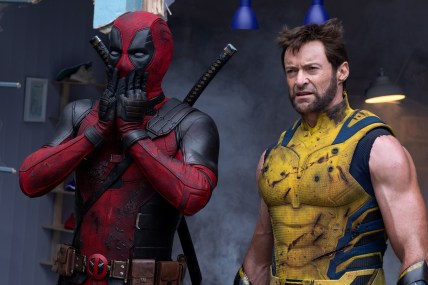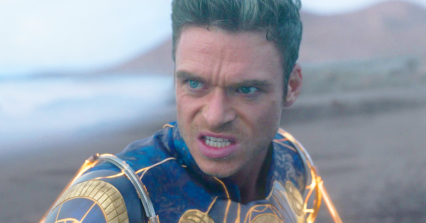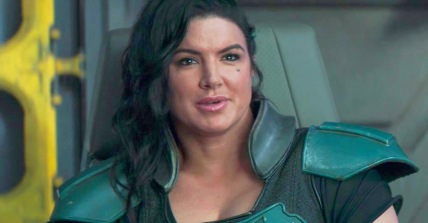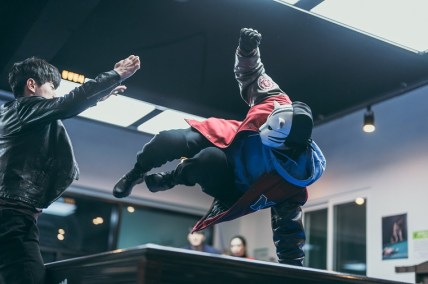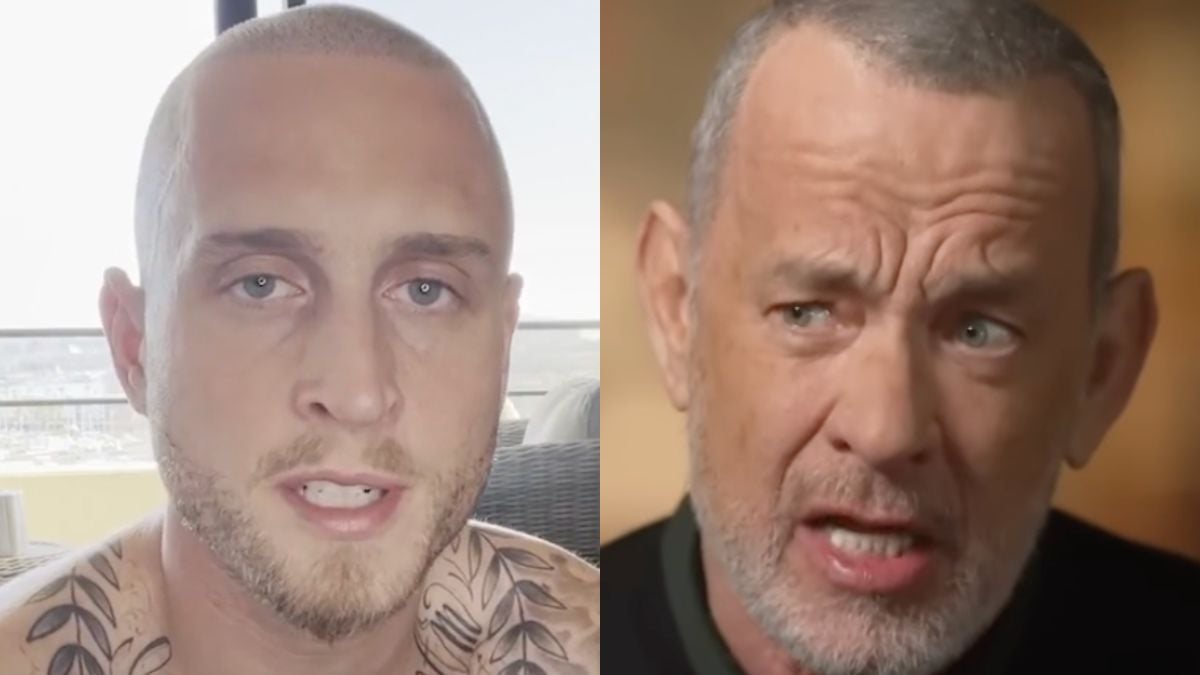‘Barbie’ Star America Ferrera Says Last 20 Years Have Seen No Improvement For Latinos In Hollywood: “They Are Anomalies, These Moments Where Latinos Get To Shine”

In the latest demonstration of the ‘glass half-empty’ worldview held by many such activists, Barbie star America Ferrera believes that, despite the very noted and public successes of the demographic in recent decades, Hollywood has seen absolutely zero progress in its treatment of Latino actors over the last twenty years.

The How To Train Your Dragon franchise voice actor offered this dismissive appraisal of her industry while speaking to the BBC in honor of their decision to include her on the outlet’s annual register of “100 inspiring and influential women from around the world,” the aptly named 100 Women List.
Reflecting on her career, Ferrera declared, “While I enjoy an incredible career full of opportunity that I have fought hard for and worked hard for, I know that the vast reality for Latinos in this industry is that it’s as difficult today as it was 16 years ago, or even 22 years ago when I started out.”

Then turning to address the narrative-breaking reality that Latinos have provably held a significant presence in Hollywood, the actress proceeded to dismissively claim that “They are anomalies, these moments where Latinos get to shine.”
“And of course we’ve had those moments, but I feel like we’ve all been waiting a really long time for the watershed”, added Ferrera. “It’s complicated to reconcile the almost fairy tale story of my journey with what I know is the reality for the vast majority of people like me.”

Further addressing the topic of Latino representation in Hollywood, Ferrera then opined on the fact that, at present, she has been the only Latina actress to score an Emmy for her performance in a leading role (having served as the title character in the American reboot of Ugly Betty), noting how her lone existence in the record books “points exactly to the issue.”
“It took so long because the opportunities don’t exist,” she told the BBC. “How lucky and fortunate I have been in my career to be coming up in a time where I was met with the sparse opportunities that exist for a young Latina actress to get to be the lead… much less a lead that is self-determining and is not represented as a as a poor immigrant criminal, or a hyper-sexualized Latina.”

As noted above, though Ferrera stands adamant in her belief that Hollywood is some sort of anti-Latino hellscape devoid of anything but token opportunities, her take could not be farther from the truth.
Carillo as Pancho in The Cisco Kid. Erik Estrada as Ponch in CHiPs. Judy Reyes as Carla in Scrubs. Steve Cardenas as Rocky DeSantos in Mighty Morphin’ Power Rangers. Carlos Valdes as Vibe in the Arrowverse. Xolo Maridueña and Jenna Ortega as the eponymous protagonists of Blue Beetle and Wednesday, respectively.
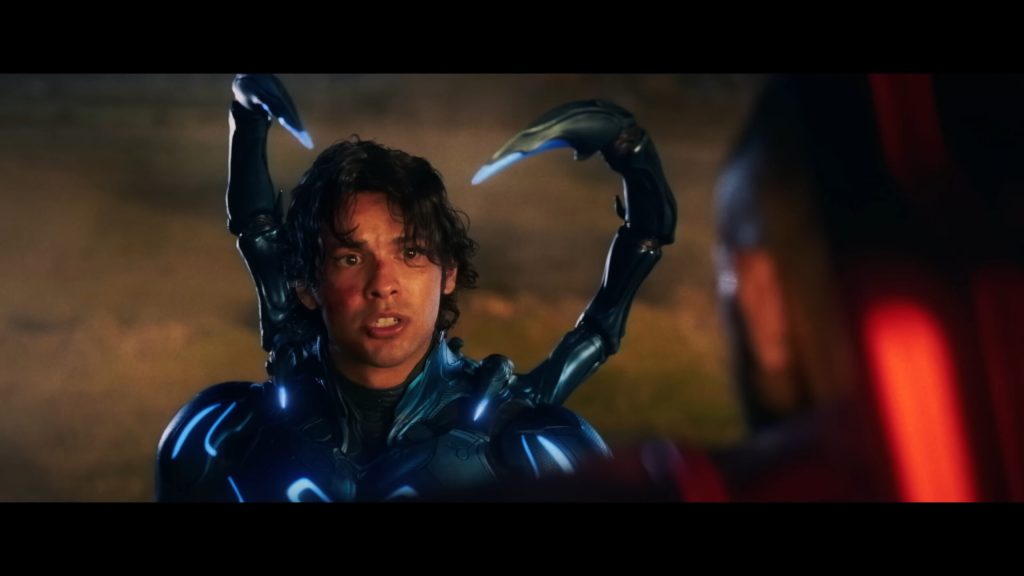
Pedro Pascal as the lead heroes in The Mandalorian and The Last of Us. Zoe Saldaña as Neytiri in Avatar and Gamora in the MCU. Oscar Issac’s respective appearances as Poe Dameron, Apocalypse, and Moon Knight in the Star Wars, Fox X-Men, and Marvel cinematic franchises. The entire career of such actors as Rosario Dawson, Edward James Olmos, and Andy Garcia.
Though this list is just a small smattering of the numerous Latino and Latina actors who have appeared in highly visible Hollywood roles – some having even served as the faces of some of the world’s biggest entertainment franchises – it’s easily provides enough counter-evidence disprove Ferrera’s attempt at race-based guilt mongering.

More About:Celebrity

